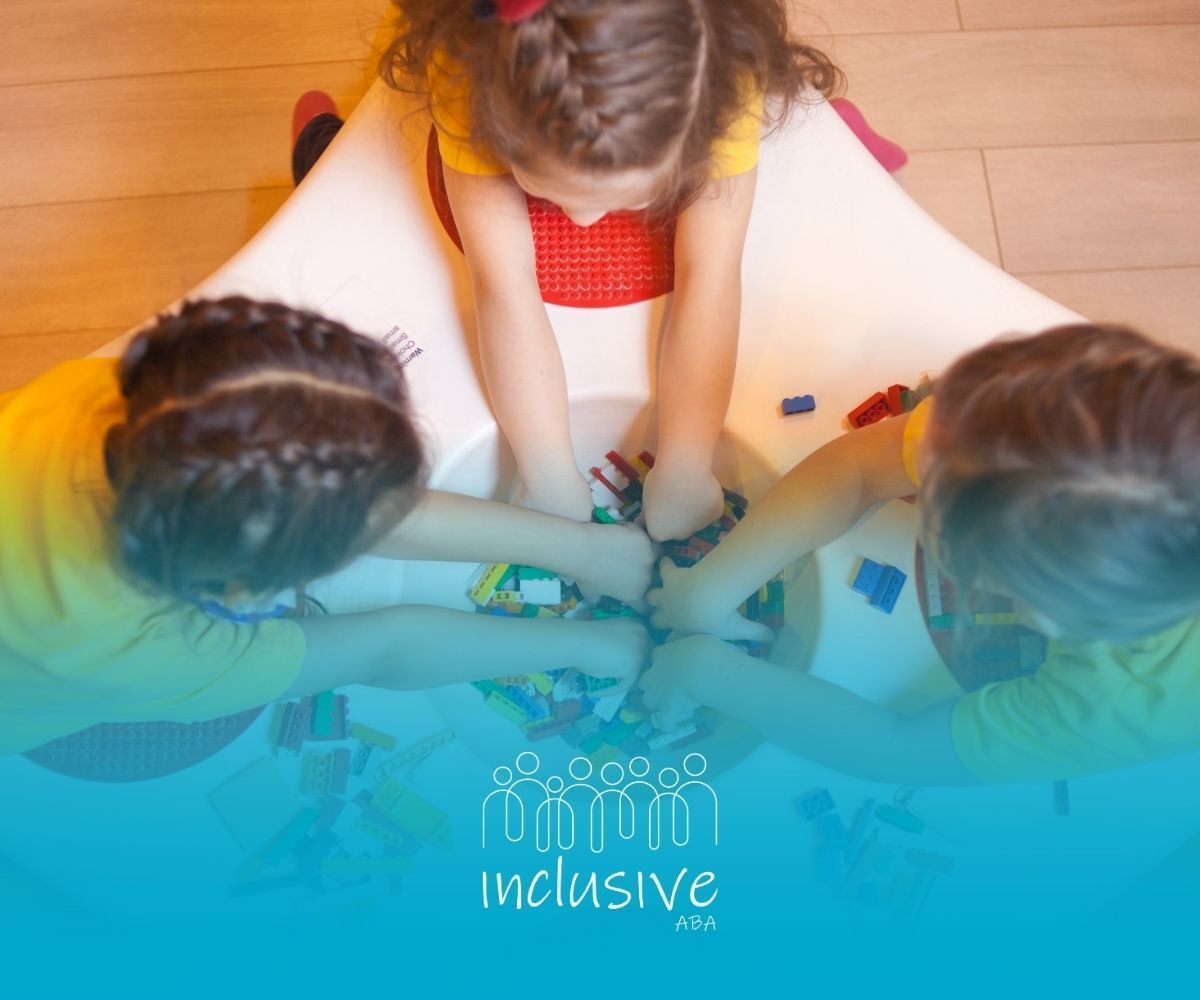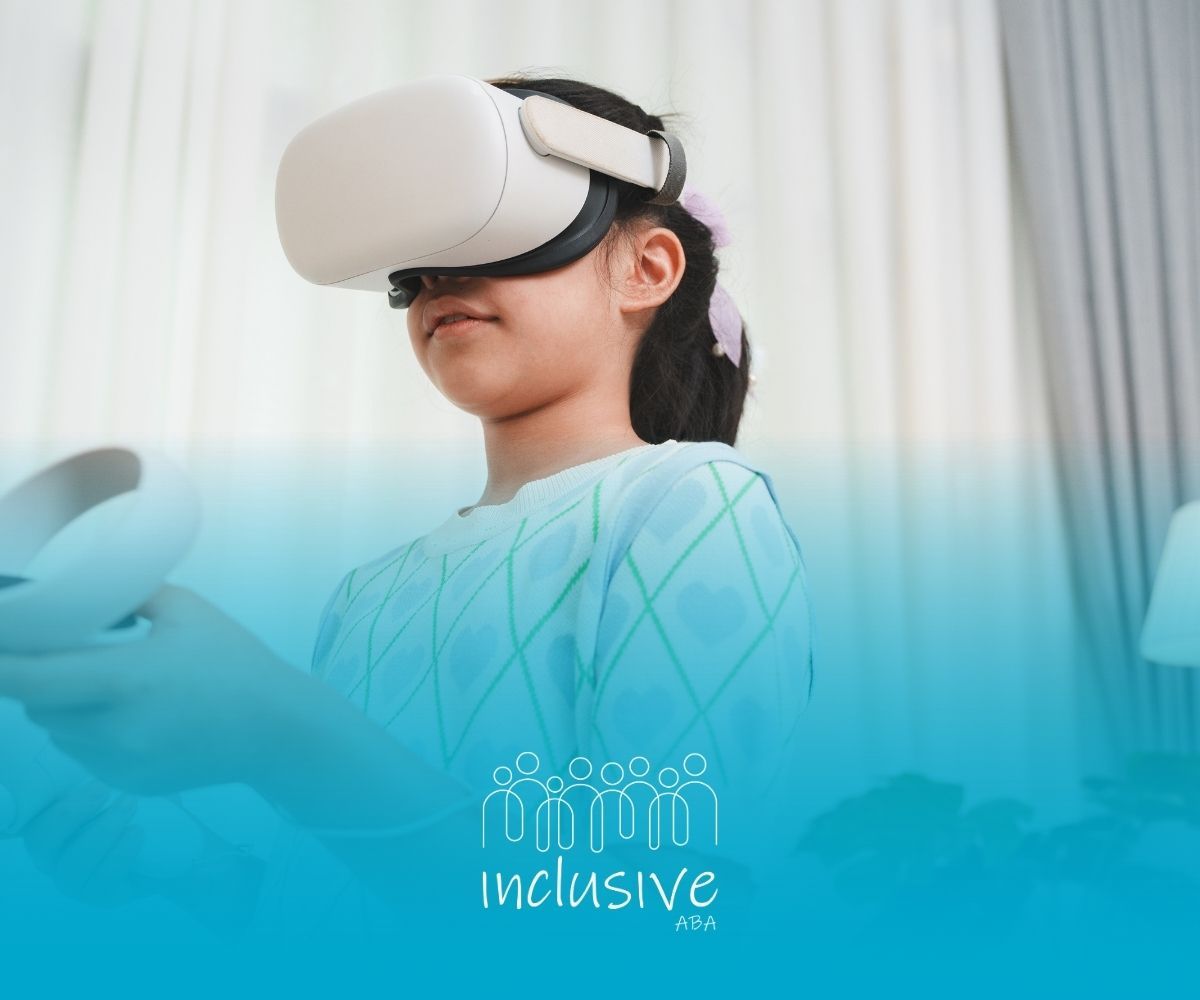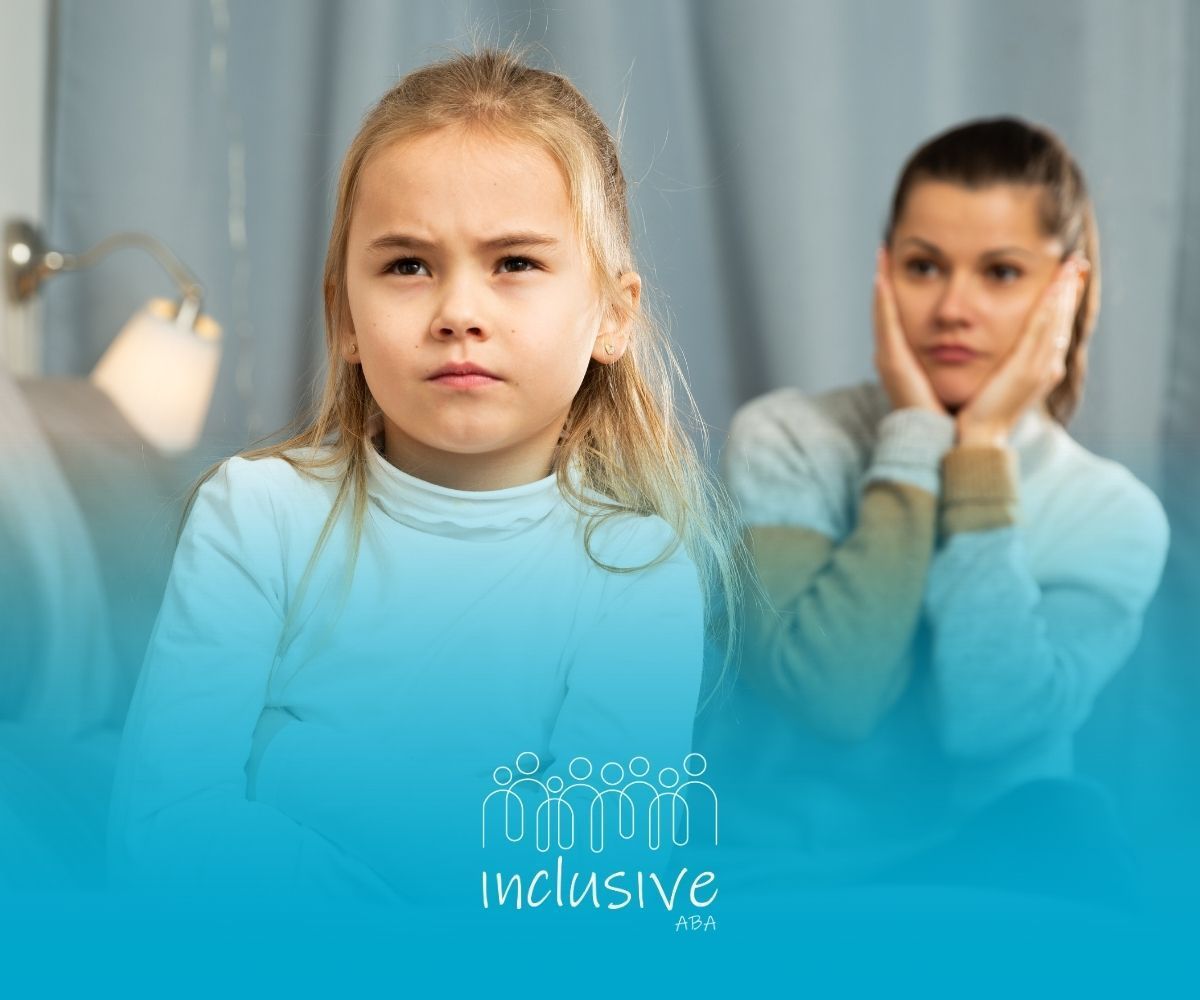Do Autistic Kids Love Their Mom? The Real Answer
Do autistic kids love their mom? Absolutely—autistic children are fully capable of deep love and attachment. Autism may change how love is shown, but neuroscientific research and family experiences confirm these emotional bonds are real and powerful.
What Does Love Look Like for Autistic Kids?
- Unique Expressions: Many autistic children express love in ways that might be different from neurotypical children. Some may show love through spending time together, bringing a favorite toy, or simply sitting close, rather than hugs or words.
- Secure Attachment: Studies show around 47% of autistic kids form a secure attachment with their parents, expressing trust and comfort even if it's not in typical ways.
- Sensory Factors: Some children avoid physical affection due to sensory sensitivities but can still show closeness or attachment through routines, shared interests, or meaningful gestures.
- First-Hand Stories: Parents often share that their child finds comfort in their presence, seeks them out in new environments, or shares joy in personal ways—small acts that mean a lot.
Love Expression Translator
Click on a behavior to see what it may be communicating emotionally.
Select a behavior above to see its possible emotional meaning.
Data & Research
Research confirms that autistic children can and do develop meaningful emotional bonds with their mothers and caregivers, just as any child does. These bonds might look different, but the need for connection is equally strong.
Conclusion: Love Comes in Many Forms
Do autistic kids love their mom? The answer is a resounding yes. Every child has their own language of love—discovering it deepens the parent-child connection. At Inclusive ABA, serving Nevada, Nebraska, Utah, Iowa, Ohio and Colorado, we support families in understanding and nurturing these unique bonds. Want to strengthen your connection? Schedule a family session with our team today.
FAQs
Do autistic kids love their mom?
Yes, autistic kids feel deep love and attachment, often showing it in unique ways.
How do autistic children show love for their mothers?
Through actions like staying close, sharing special interests, or seeking comfort in their mom’s presence.
Why might expression of love look different in autism?
Differences in sensory processing and communication mean affection may be shown through routines, acts of service, or nonverbal cues.
Can ABA therapy improve parent-child bonding?
ABA can help families recognize and respond to their child’s unique ways of expressing love and build stronger connections.
Looking for Expert Help? We're Here for You!
Our compassionate and skilled team is devoted to enhancing your child's development through customized ABA therapy. Let us partner with you to create a supportive environment for your child's success.
Discover how we can help your family thrive with expert ABA therapy.
Related Posts







